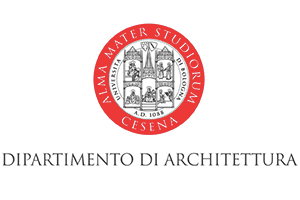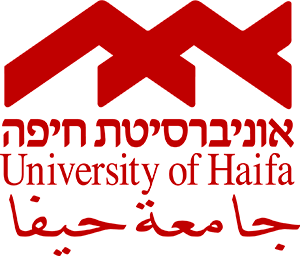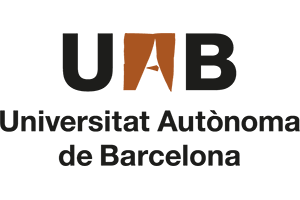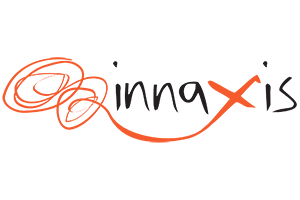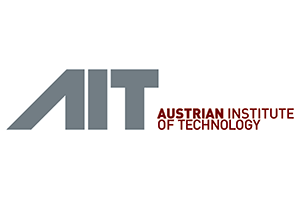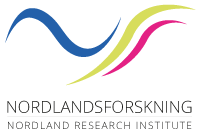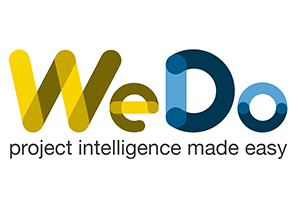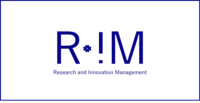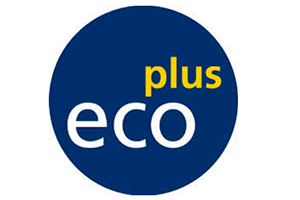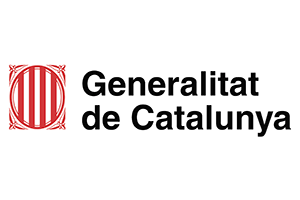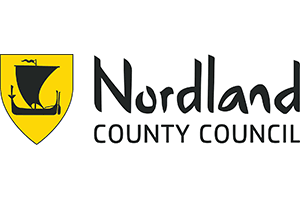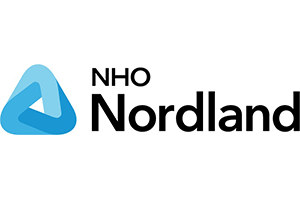WHAT IS RRI?
RRI implies that societal actors – researchers, citizens, policymakers, businesses, public sector organisations, etc. – work together during the entire research and innovation process in order to better align both the process and its outcomes with the values, needs, and expectations of society.
In practice, RRI is implemented as a package that includes multi-actor and public engagement in research and innovation, enabling easier access to scientific results, the take-up of gender and ethical issues in the research and innovation content and process, and formal and informal science education. (Source: https://ec.europa.eu/programmes/horizon2020/en/h2020-section/responsible-research-innovation)
Further information on RRI can be found on these websites:
SeeRRI quadruple-helix partners:
The SeeRRI consortium is a balanced, complementary, and transdisciplinary team with rich experience to draw on in achieving the objectives and vision of SeeRRI. The consortium consists of 12 partner institutions from three EU member states (Austria, Spain, Italy) and two associated countries (Norway, Israel). All of the “quadruple helix” is represented in the consortium: government (several regional government bodies), businesses (SMEs, an economic cluster), academia (research institutes, universities), and civil society (a confederation of enterprises). The partner institutions have been selected so that their combined expertise and capabilities meet the varied needs raised by the call.
Founded in 1088, the Università di Bologna (UNIBO) is known as the oldest University in the world, and UNIBO remains one of the most important institutions of higher education in Europe. The research unit involved in SeeRRI is part of the Department of Architecture (DA), which is highly regarded for its experience in the field of spatial planning and in integrating sustainability principles into planning tools.
The University of Haifa, established in 1972, is an academic institution whose central function is to carry out excellent academic teaching and research. The University provides the project with skills in the areas of policymaking and the application of user-centric systems for greater engagement of stakeholders, information-based technologies for economic development, and public engagement and citizen participation in science.
The Universitat Autònoma de Barcelona (UAB) was founded in 1968, with four principles of autonomy: freedom to select teaching staff, admission available to all students (but with a limited number), freedom to create its own study plans and freedom to administrate the University’s capital. The UAB committed itself early to the Responsible Research and Innovation (RRI) approach to encourage societal actors to work together during the research and innovation process.
The Innaxis Foundation & Research Institute is an interdisciplinary non-profit organization, founded in 2006 and based in Madrid and Brussels. Its aim is to build up relevant research and transformative innovations in the domain of large-scale socio-technical systems based on networks, by using the perspective and techniques of complex systems science, such as complex networks theory, systems dynamics, systems thinking, agent-based modelling, and simulation.
The AIT Austrian Institute of Technology is Austria’s largest non-university research institute. Among the European research institutes, it is a specialist in the key infrastructure issues of the future. The Center for Innovation Systems & Policy (AIT-ISP) can draw on a rich body of research oriented towards developing and testing new approaches to research and innovation in policy and corporate environments.
Nordland Research Institute (NRI), founded in 1979, is a private research institute in Bodø, Norway. NRI and Nordland County Council have a long tradition of discussing and developing responsible research in practice across a range of disciplines which are crucial to regional policymakers, such as welfare policy, environmental protection and sustainability, culture, tourism, and Smart Specialisation.
WeDo is a Barcelona-based company specializing in the management and communication of international, complex, and distributed research and innovation projects. WeDo works with a miscellany of stakeholders from both public and private sectors, applying a strategic, holistic, and lean project management approach to create an effective collaborative framework for results-driven decision-making and performance.
Research and Innovation Management GmbH (RIM) is an Austrian-based company that offers support in planning and developing pioneering projects. RIM addresses the future-oriented structuring of research and innovation in order to assist in overcoming new challenges. Sustainable resource management is a core competence of RIM.
The ecoplus Mechatronics-Cluster team in Lower Austria coordinates regional activities and initiates collaborative innovation projects in the smart specialisation domains of its region. With its long experience, ecoplus will enable exchange of experience in regional workshops and provide feedback to the policy recommendations in close collaboration with the regional government department for economy.
Catalonia’s smart specialization strategy focuses on the 3 vectors that will enable Catalonia to tackle successfully the great social and economic challenges of the 21st century: Industrial tradition, quality of life and circular economy.
The Lower Austrian Business Agency ecoplus is 100% owned by the Regional Government of Lower Austria. On behalf of the regional government, the ecoplus cluster is in charge of implementing the Lower Austrian Cluster Programme, which is an integral part of the region’s Smart Specialisation Strategy.
Nordland has a Smart Specialisation strategy that focuses on growth based on three strong innovation ecosystems: seafood, mineral production, and experience-based tourism.
The Confederation of Norwegian Enterprises – NHO – is the leading voice of business and industry in Norway. Having expert knowledge and an extensive business network, NHO plays an important role in Norwegian society.
NHO’s main objective is to create and sustain conditions that secure the competitiveness and profitability of business and industry, and thereby maintain the basis for a good standard of living, sound economic growth, and sustainable development. NHO brings to SeeRRI the experience of a civil society organization (CSO) representing companies and will help bring relevant companies to stakeholder workshops.
RIS3 Research and Innovation Strategy for Smart Specialization
In general, RIS3 represent an ex-ante precondition for receiving monetary support from European structural funds. Thus, most nations and regions in Europe are designing and implementing smart specialisation methods in their research, development, and innovation policies.
Because of the high demand, guidelines to develop and implement RIS3 have been provided (e.g., Fellnhofer, 2017; Kroll 2015a; Gheorghiu et al. 2016; Foray et al. 2011, 2012; Foray 2014, 2015). In particular, the “Guide to Research and Innovation Strategies for Smart Specialisation (RIS3), Smart Specialisation Platform” (Foray et al. 2012) delivers a valuable description with six steps and 18 sections for developing research and innovation strategies for smart specialisation.
With 12 quadruple-helix partners representing government authorities, clusters and SMEs, academia, and civil organization, SeeRRI will build an integrated framework based on literature review and co-creation with the relevant stakeholders. By mapping the territorial R&I ecosystems, SeeRRI will understand the supporting conditions for R&I and identify the stakeholders who will be involved in formulating a variety of scenarios for building a self-sustaining ecosystem in their territories. The engaged stakeholders will gain awareness and insights while participating in creative collaboration using workshops and open labs, and will thus function as multipliers and promote RRI principles in their territories and beyond. The input from stakeholders will contribute to defining and validating a framework for self-sustaining R&I ecosystems developed by the project team, which will generate concrete activities to be implemented.
Furthermore, SeeRRI will evaluate the activities carried out in the pilot territories and assess their impact at the EU level, offer concrete guidelines for policies, and suggest conditions and governance structures for the R&I ecosystems with a roadmap tool identifying RRI openings in the Smart Specialisation process.
Our Regions
Facts in brief
Funding organization
Timeframe
Funding amount
Coordinator
Partners
Austrian Institute of Technology (AIT)
The INNAXIS Foundation and Research Institute (INX)
WeDo | Project intelligence made easy (WeDo)
Research and Innovation Management GmbH (RIM)
University of Haifa (UH)
University of Bologna (UNIBO)
Universitat Autònoma de Barcelona (UAB)
Regions
Ecoplus Niederösterreichs Wirtschftsagentur (ECOPLUS)
Nordland County (NCC)
NHO Nordland (NHO)
![]() This project has received funding from the European Union’s Horizon 2020 research and innovation programme under grant agreement nº 824588.
This project has received funding from the European Union’s Horizon 2020 research and innovation programme under grant agreement nº 824588.
